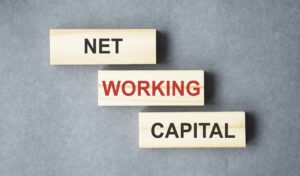
Cheques are becoming less and less common to make or receive payments. Not only are they easy to lose, but it can take longer for funds to reach the right account with a physical cheque. This is where you might run into a situation with a stale-dated cheque. Looking for a bank that partners with you on checking and savings accounts? The best way to avoid stale-dated checks is to cash your checks as soon as you receive them.
However, there is a longer time frame when it comes to a Government of Canada cheque or a certified cheque. This doesn’t mean that a stale-dated cheque is invalid, it just means that it’s deemed an irregular bill of exchange. It’s a wise financial move to cash any checks that you receive in a timely fashion. A cashier’s check is essentially a check drawn on the bank’s own funds. Certified checks are personal checks from a bank account and guaranteed by the bank.
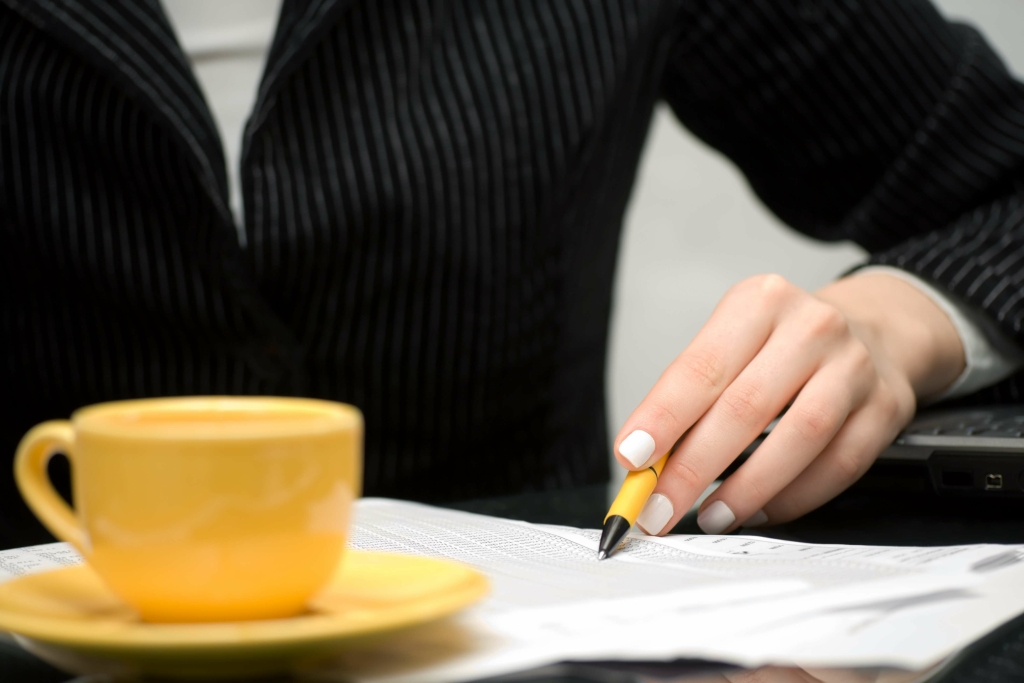
Deskera is a one-stop solution to handle the payroll of your employees and makes use of cutting edge technology to handle business transactions at the touch of your fingertips. If the business owner fails to deposit his business checks in the bank within the notified time on them, they become stale. An important point here to note is even if these checks become stale, it does not imply they have become void and cannot be encashed.
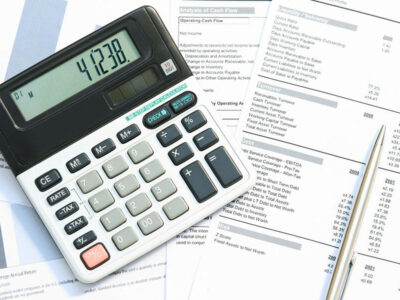
Checks that are outstanding for a long period of time are known as stale checks. A business owner must define a clear company policy to outline how his organization handles the stale-dated check. Under this policy, he must ensure the check received is deposited in the bank within a month. Furthermore, the policy must state the rules about the action to be done if the recipient does not stale dated definition cash the amount that you have issued in business. A practical company policy can be established in an organization as per the state laws.
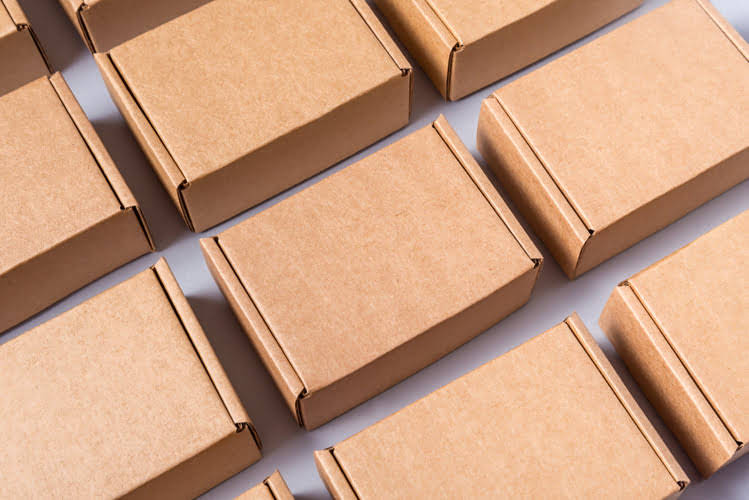
To protect you from someone depositing a cheque without your permission, include a note that states “for deposit only to the account of payee”. The biggest difference is that when you issue a cashier’s cheque, your bank is going to take funds from the purchaser. And since the bank is going to receive the funds upfront there’s no worry about receiving and dealing with a bad cheque. ✝ To check the rates and trial balance terms you may qualify for, SoFi conducts a soft credit pull that will not affect your credit score. If you have a stale or outstanding check, there are a few risks to cashing it that you’ll want to be aware of.
You want to have processes in place to pay bills, settle any debts and pay your employees. And sometimes you might need to write a cheque to or receive one from a vendor for payment. Rather than just reversing the charge in your accounting software and keeping the money, you will need to work through your state’s unclaimed funds laws. • Traveler’s checks, while not so commonly used these days, usually don’t expire as long as the issuing bank is still in business.
While cheques aren’t as common today as they once were, it’s still worth knowing some of the different types. Understanding how they work can let you avoid paying extra fees and will only benefit your accounting processes. A bank or financial institution is required to cash certified cheques and cashiers cheques even if they’re more than six months old. Make sure you allow more than enough time for the cheque to reach the appropriate person, vendor or merchant. This is especially important to make sure you make payment by the due date if you’re mailing the cheque.
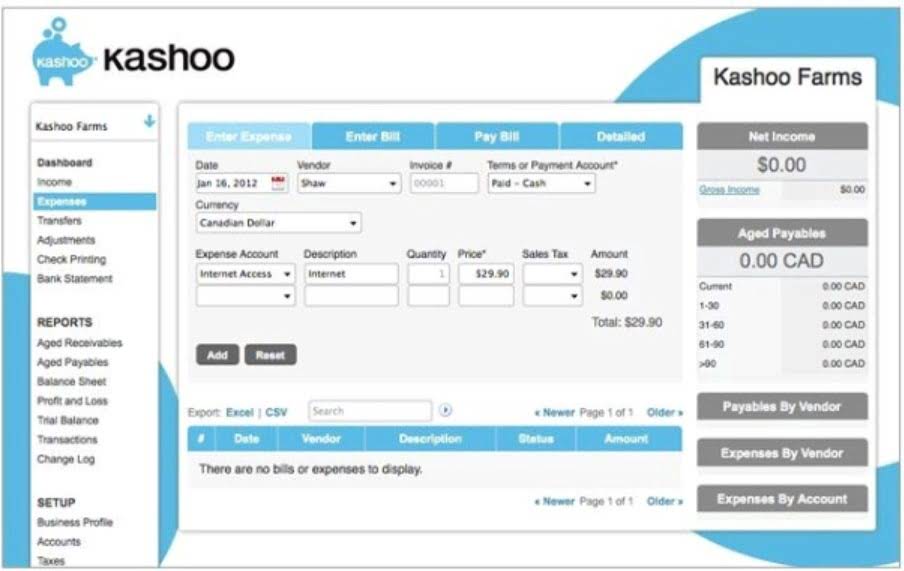
As such, there is no incentive to wish for an outstanding check to permanently never be cashed as the payment is subsequently owed to the government for holding. With banking activity becoming increasingly electronic, another way to avoid writing a check and forgetting about it is to use the checking account’s online bill pay service. This should provide real-time information about the total dollar amount of checks outstanding and the total dollar balance present in the account. Dishonoured cheques happen when the cheque doesn’t go through and ultimately can’t get paid. If a cheque is dishonoured, it will get returned back to your bank or financial institution and there are few reasons for this. You might have non-sufficient funds in your bank account or the signature might be incorrect.